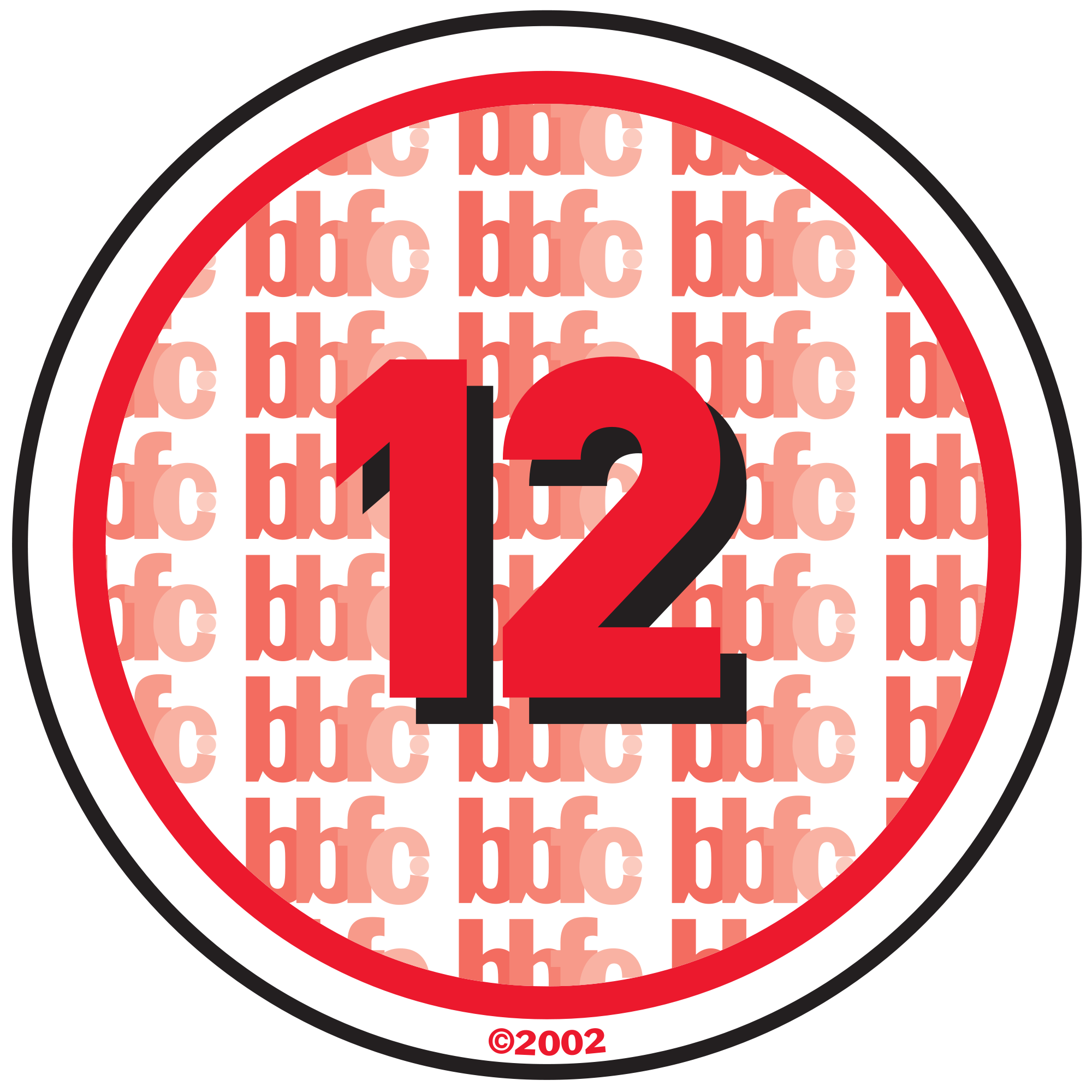Key Words:
- Classification:
- Censorship:
- Legal Obligation:
To prevent material breaking the law.
- Societal
To consider broader public opinion in mind with regards to language.
British Board of Film Classification
 The British Board of Film Classification, BBFC, is a non-profit, self regulatory organisation made up of film industry representatives. It was created in the 1912, then known as the British Board of Film Censors until the 1984 by the film industry to independently classify films nationally. Even though the BBFC classify films, it does not mean that local councils, of whom are in control of the cinema's in their boroughs, has to follow the ratings that the BBFC certifies, they are able to overrule them. However, most local councils approve the BBFC certification and rarely ever change them.
The British Board of Film Classification, BBFC, is a non-profit, self regulatory organisation made up of film industry representatives. It was created in the 1912, then known as the British Board of Film Censors until the 1984 by the film industry to independently classify films nationally. Even though the BBFC classify films, it does not mean that local councils, of whom are in control of the cinema's in their boroughs, has to follow the ratings that the BBFC certifies, they are able to overrule them. However, most local councils approve the BBFC certification and rarely ever change them.
Up until 1984, the BBFC only regulated films in the cinema, however, since the Video Recording Act 1984, the became in charge of classifying all video for home use.
One of the roles the BBFC has to do is note any dangerous or criminal activities on video or DVD.
They have to also be aware of laws that protect children and animals.
Film Rating
Films have different ratings depending on their contents, films are categorised on the amount of discrimination, drugs, imitable behaviour, language, nudity, sexual content, threat and violence. There are currently six different ratings, for different ages.
U - Universal
E.G. The Smurfs (2011)
PG - Parental Guidance
 PG films are for general viewing however, they may contain some scenes that are deemed to be unsuitable for young children. These films should no unsettle a child aged around eight or older. Children are aloud to watch these films without their parents, although, parents are advised to overview the film to consider if it would be suitable for their child, and that it wouldn't upset them.
PG films are for general viewing however, they may contain some scenes that are deemed to be unsuitable for young children. These films should no unsettle a child aged around eight or older. Children are aloud to watch these films without their parents, although, parents are advised to overview the film to consider if it would be suitable for their child, and that it wouldn't upset them.E.G. Frozen (2013)
Films that are classified 12A contain materials that is unsuitable for children under the age of 12. No one below the age of 12 is permitted to see a 12A film in any cinema unless they are accompanied by an adult. Adults planning to accompany a child under 12 should consider if that film is suitable for them. This rating only appears in cinema's.
E.G. Captain America: The Winter Soldier (2014)
E.G. Captain America: The Winter Soldier (2014)
12 - Aged 12 - Minimum
12 Films are only applied to videos, this means that anyone below the age of 12 is not permitted to purchase or rent a 12 rated film. This rating only appears on video works that are able to be bought or rented.
 15 - Aged 15 - Minimum
15 - Aged 15 - Minimum
Films that are rated 15 means that people younger that 15 are not aloud to watch films rated 15, this is due to there being, a mild form of discriminative language, exposure to drug taking, weaponry and dangerous behaviour, as well as, strong language, the chance of mild nudity, portrayal of sexual activity, strong threats/horror, and strong violence.
E.G. The Conjuring (2013)
E.G. The Conjuring (2013)
 18 - Aged 18 - Minimum
18 - Aged 18 - Minimum
18 rated films allow adults to choose their own entertainment, however, anyone aged under 18 are not permitted to watch theses films. This is due to the amount of discrimination, drugs, imitable behaviour, language, nudity, sex, threat and violence. These films are able to include anything that do no breach any criminal law or graphic exposure to sex works.
E.G. Ghost Ship (2002)
R18 - Aged 18 - Minimum
R18 films contain explicit sexual acts between adults that are not suitable for anyone under the age of 18. Films with this rating can only be shown in specially licensed cinemas, or supplied only in licensed sex shop.
On the 24th of February 2014, the BBFC will be publishing new classification guidelines alongside the results of a large-scaled public consultation which would underpins them.
"95% of parents with children under 15 say they check the BBFC classification before watching a film and 89% of film viewers consider classification as important."These results show that film companies have to make sure they get the preferred 15 rating, as they would be able to reach a larger audience than that of an 18 rating, this means that producers try hard to make sure that their films are at least rated 15, if they are aiming at adults as they will be missing out on those 17 year old people, of whom have the same mind-set as an 18 year old.
Researching this information helps with my film opening because it guides us to make sure that we don't include certain elements that will give the film a higher rating than it would need, meaning that we would miss out on a whole section of the audiences that would potentially watch the film.
This will help with my film opening because we now know what to include and uninclude when making our film that will be appropriate for our audience.









No comments:
Post a Comment